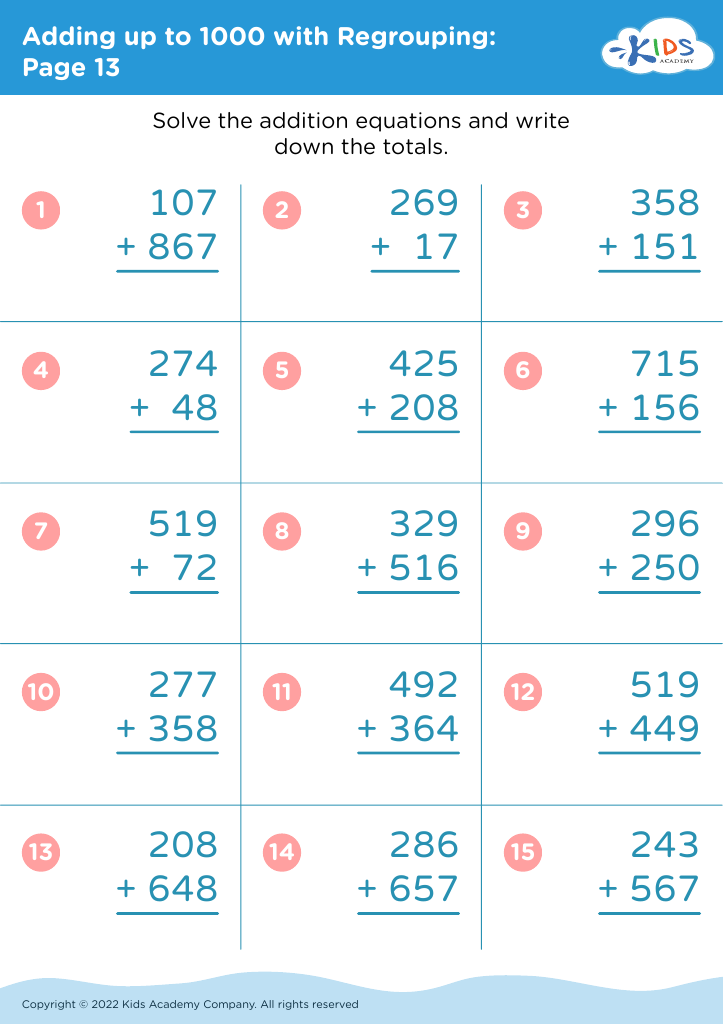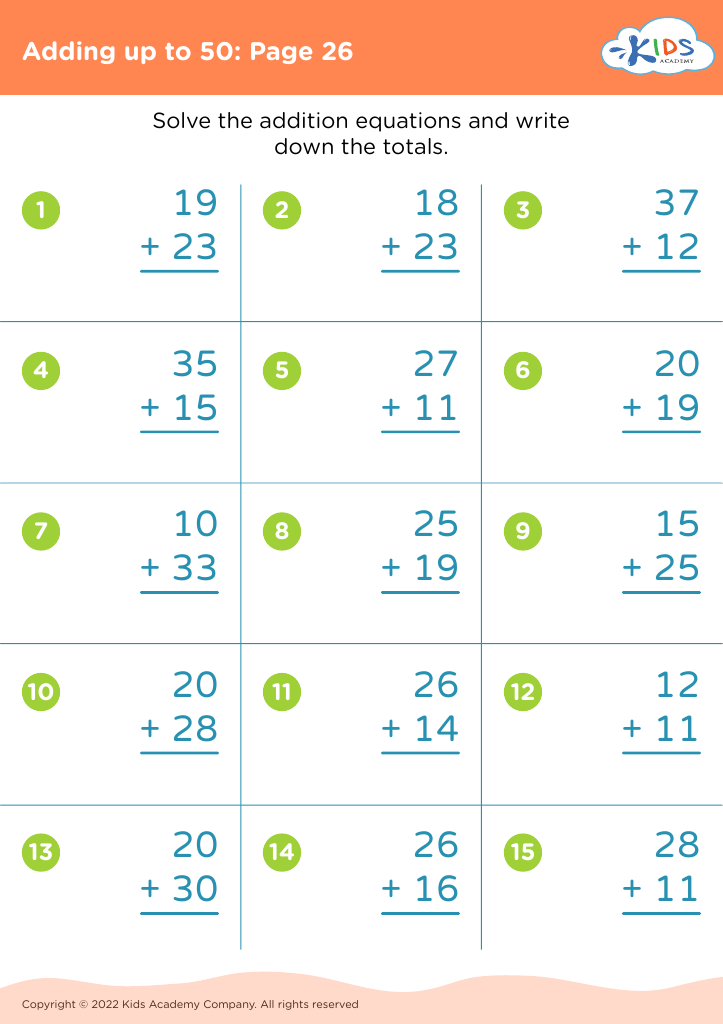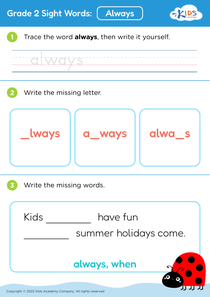Developing analytical skills Grade 2 Worksheets
7 filtered results
-
From - To
Enhance your child's critical thinking with our Grade 2 Developing Analytical Skills Worksheets. Designed to promote logical reasoning and problem-solving, these engaging worksheets cover a range of activities, from pattern recognition to sequenced learning. Perfect for young learners, they foster analytical proficiency in a fun, interactive way. Whether at home or in the classroom, our expertly crafted materials align with educational standards, ensuring your child builds a strong foundation in critical thinking. Explore our collection and support your second grader's intellectual growth with Kids Academy's proven resources. Unlock your child’s potential today!
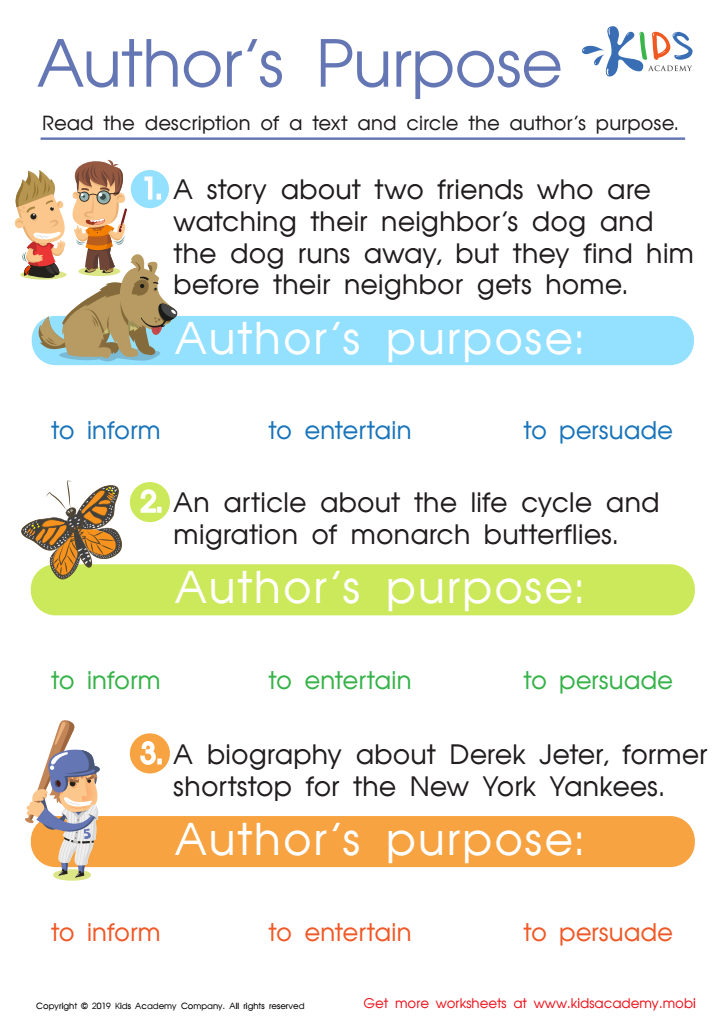

Author's Purpose Worksheet
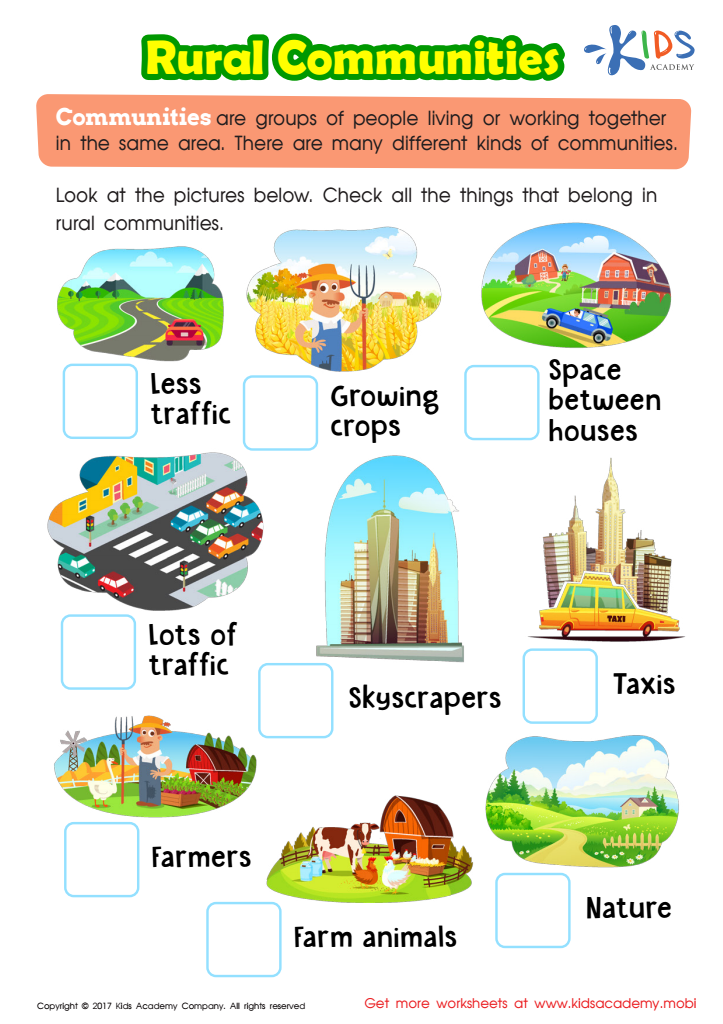

Rural Communities Printable
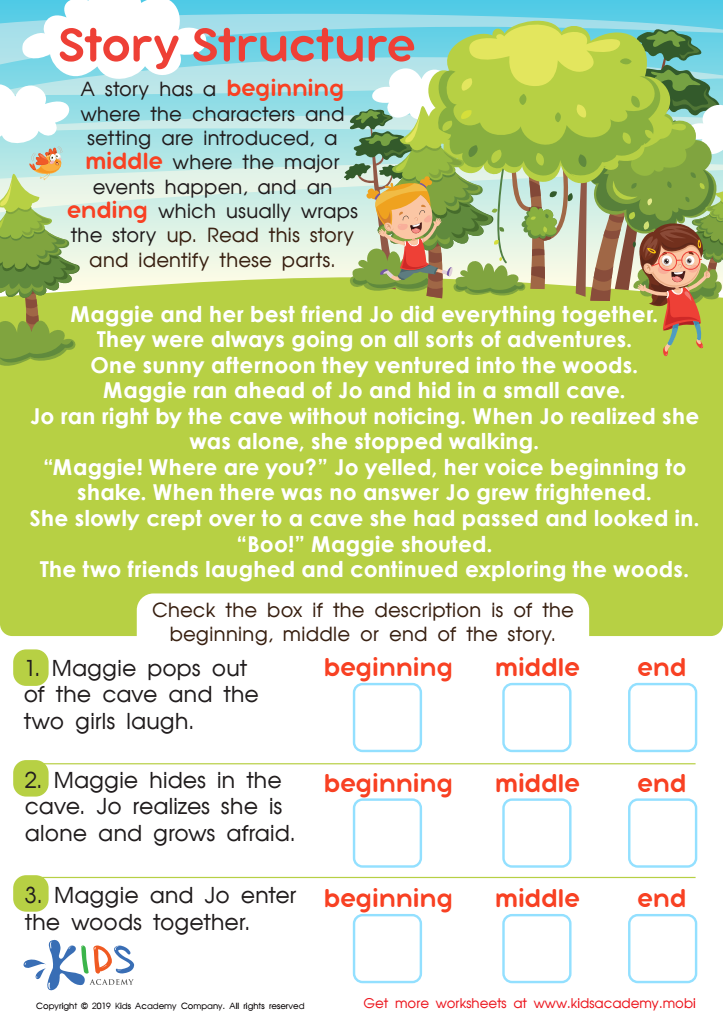

Story Structure Worksheet
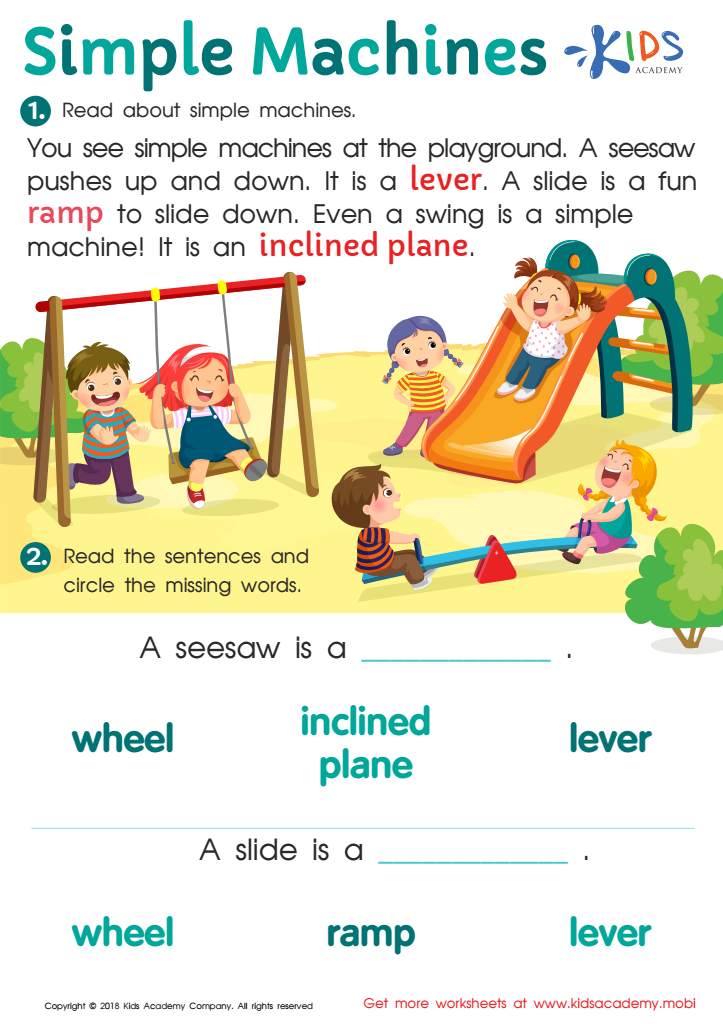

Simple Machines Worksheet
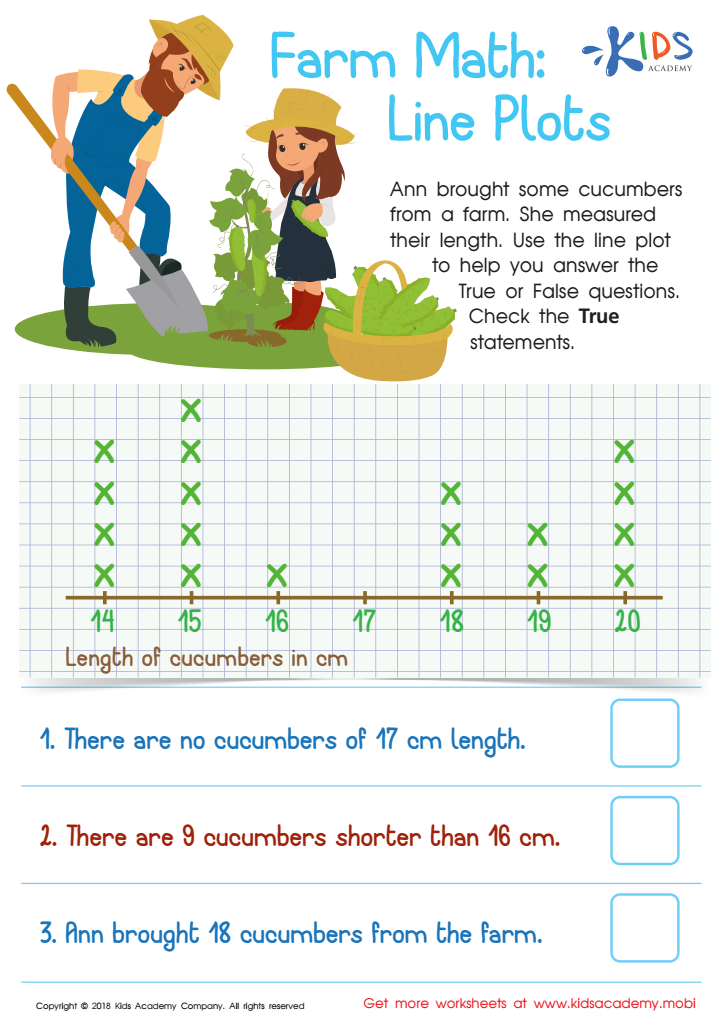

Farm Math: Line Plots Worksheet
Developing analytical skills in Grade 2 is crucial as it lays the foundation for critical thinking, problem-solving, and informed decision-making—skills that are essential for lifelong learning. At this formative stage, children’s brains are incredibly malleable, making it the perfect time to nurture these abilities.
Analytical skills help young learners understand and sort through complex information. When children engage in activities that require them to compare, contrast, and categorize, they learn to break down tasks into manageable parts. This enhances their comprehension abilities and enables them to approach challenges logically.
Moreover, fostering these skills improves academic performance across subjects. For instance, in math, children learn to recognize patterns and understand sequences, which are foundational concepts. In literature, they can make inferences and understand narratives better.
Additionally, these skills extend beyond academics. They are vital for emotional and social development. Children learn to assess social situations, understand consequences, and make reasoned choices, leading to improved relationships and better conflict resolution.
Parents and teachers play a pivotal role in cultivating an environment that encourages curiosity, questioning, and exploration. Supporting activities like puzzles, strategy games, and open-ended questioning ensures that children not only absorb information but also learn to apply it critically. Investing in developing analytical skills early on equips children with the tools they need for a successful and thoughtful future.
 Assign to My Students
Assign to My Students
